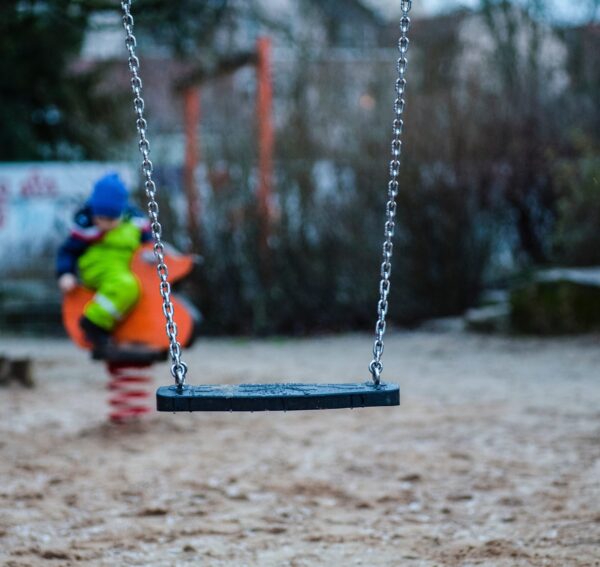Queensland outlines child safety landscape with five year plan

A report released yesterday by the Queensland State Government, Supporting Families Changing Futures 2019-23, marked the halfway point of a ten-year reform plan arising from the Carmody Report in 2013.
Queensland Minister for Child Safety, Youth and Women, Di Farmer, said the report represented the next steps in “an ambitious agenda to reform the state’s child protection system.”
“Our goal is to support families and children who are at risk to break the cycle of disadvantage, to change their future to one where kids and their families are healthy, they are completing education and getting jobs,” she said, adding that the reforms are not simply about keeping children safe, but also about supporting them to thrive and achieve.
“That means taking a big picture view with families at the centre and everyone working together to strengthen the support networks of our families, children and young people.”
The focus for the next five year phase, Ms Farmer said, will centre on four key areas:
- making sure children have safe, secure and stable places to live;
- supporting children’s mental, physical and emotional health;
- helping children into education from kindergarten through to their transitioning into adulthood and;
- making sure Aboriginal and Torres Strait Islander children are connected with culture and community.
The strategy also provides guidance and structure outlining the ways in which Government and non – Government agencies will work together in a unified way, to achieve stated outcomes.
“It looks at everything from improving child immunisation rates, to getting more kids involved in sport, supporting parents through the Triple P program, and looking at ways to support young people in care getting into university.” Ms Farmer said.
By combining the strategy and the Queensland Government’s Our Way 20 year strategy for Aboriginal and Torres Strait Islander children and families, Ms Farmer believes it is possible to “reduce the over representation of Indigenous children in care, strengthen their connections to community and culture, in genuine partnership with Aboriginal and Torres Strait Islander families and communities.”
The Supporting Families Changing Futures 2019-23 report represents the halfway point review recommended in the Carmody Report, designed to make sure policies and practices were still in line with best practice.
“In the five years since we began reforming the child protection system, the needs of the families we’re working with have changed significantly, so this halfway point is an opportunity to adapt what we’re doing to meet those needs,” Ms Farmer said.
“Our child protection system is strong, even though workers are seeing more and more complexity in the cases they’re dealing with – ice, for example, wasn’t on our radar in 2013.
“In just the past year, we’ve seen a 20 percent jump in the number of families we come into contact with who are or have been affected by methamphetamines.
“We’re also much more aware of domestic and family violence as a community, and its effects on families and children.”
Ms Farmer said the Child Safety reporting would be updated to be more accurately reflect the way Child Safety was working with families.
“We have the highest standards in the country, because we must sight every child at the centre of a child safety investigation and this will continue,” she said in closing.
Popular

Policy
Practice
Provider
Quality
NSW Government launches sweeping reforms to improve safety and transparency in early learning
2025-06-30 10:02:40
by Fiona Alston

Quality
Provider
Policy
Practice
WA approved provider fined $45,000 over bush excursion incident
2025-07-01 07:00:01
by Fiona Alston

Workforce
Policy
Quality
Practice
Provider
Research
ECEC must change now, our children can’t wait for another inquiry
2025-07-02 07:47:14
by Fiona Alston













